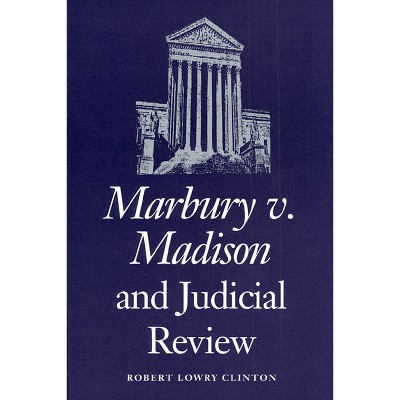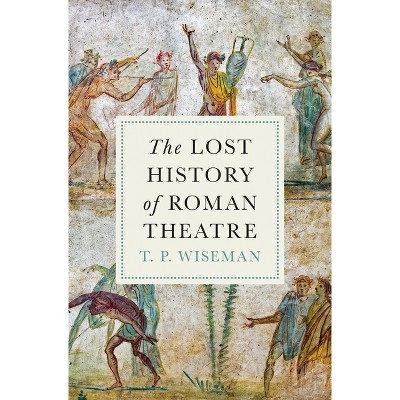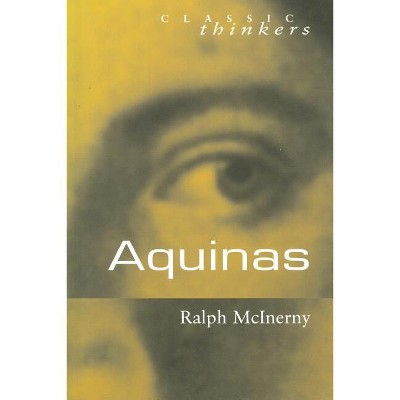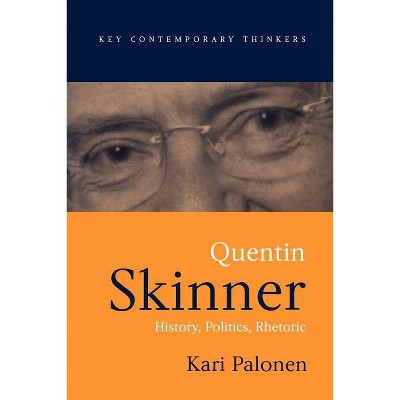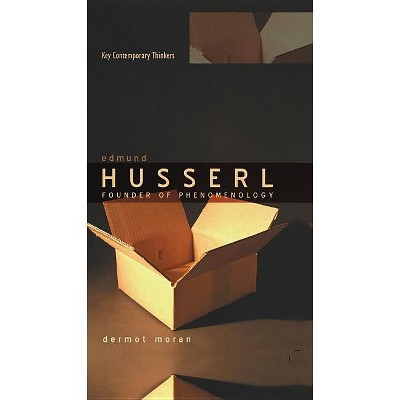Sponsored

Umberto Eco - (Key Contemporary Thinkers) by Michael Caesar (Paperback)
In Stock
Sponsored
About this item
Highlights
- This book provides a comprehensive introduction to the work and thought of Umberto Eco - one of the most important writers in Europe today.
- About the Author: Michael Caesar is Professor of Italian and Head of Italian Studies at the University of Birmingham.
- 208 Pages
- Philosophy, History & Surveys
- Series Name: Key Contemporary Thinkers
Description
Book Synopsis
This book provides a comprehensive introduction to the work and thought of Umberto Eco - one of the most important writers in Europe today.From the Back Cover
This book provides a comprehensive introduction to the work and thought of Umberto Eco - one of the most important writers in Europe today. While Eco became world-famous with his best-selling novel The Name of the Rose, his writings have been influential in many fields for several decades.
Caesar retraces the development of Eco's thought and its impact on literary studies, aesthetics, philosophy and semiotics. He shows how, throughout the 1950s and 1960s, Eco elaborated his theory of art, bringing together medieval aesthetics, the modernist avant-garde and his interest in the mass media. He discusses Eco's attempts to synthesize a general theory of signification and communication which would embrace both popular and mass culture - attempts which culminated in A Theory of Semiotics.
Caesar also examines Eco's emergence as a novelist with the publication of The Name of the Rose in 1980 and the novels that followed it, and explores Eco's theories of reading and interpretation which take shape between The Role of the Reader and Six Walks in the Fictional Woods. The book concludes with an analysis of the themes addressed in Eco's most recent work, Kant and the Platypus.
Wide-ranging and up to date, this engaging study will appeal to students of literature, philosophy and cultural studies, and to anyone who wants a clear introduction to one of Europe's most stimulating and original intellectuals.
Review Quotes
"It is a full, clear and authoritative account of Eco's work, with an emphasis on his development as a theorist and in particular his semiotic theory. But it includes a lively discussion of Eco's novels, which teases out their links with the theory most effectively. It shows the remarkable range and coherence of Eco as a writer, and is notably interesting on the ways in which his ideas have evolved in response to a changing cultural environment. Rich in details, cool, well-paced and incisive, it provides an excellent introduction to, as well as a sympathetic critique of, Eco the thinker." David Robey, Department of Italian Studies, Reading University
"This wonderfully lucid and thorough exposition of Eco's major works will be indispensable to scholars and students alike. Michael Caesar explores the interconnectedness of the 'theoretical' and 'narrative' writings with analytical rigour, balancing appreciation with careful criticism. Caesar makes brilliant use of his own reading of the works to discuss the 'role of the reader', showing the limits as well as the possibilities in Eco's approach to texts." Robert Lumley, Director of the Centre for Italian Studies, University College, London
About the Author
Michael Caesar is Professor of Italian and Head of Italian Studies at the University of Birmingham.Shipping details
Return details
Frequently bought together

Trending Philosophy



